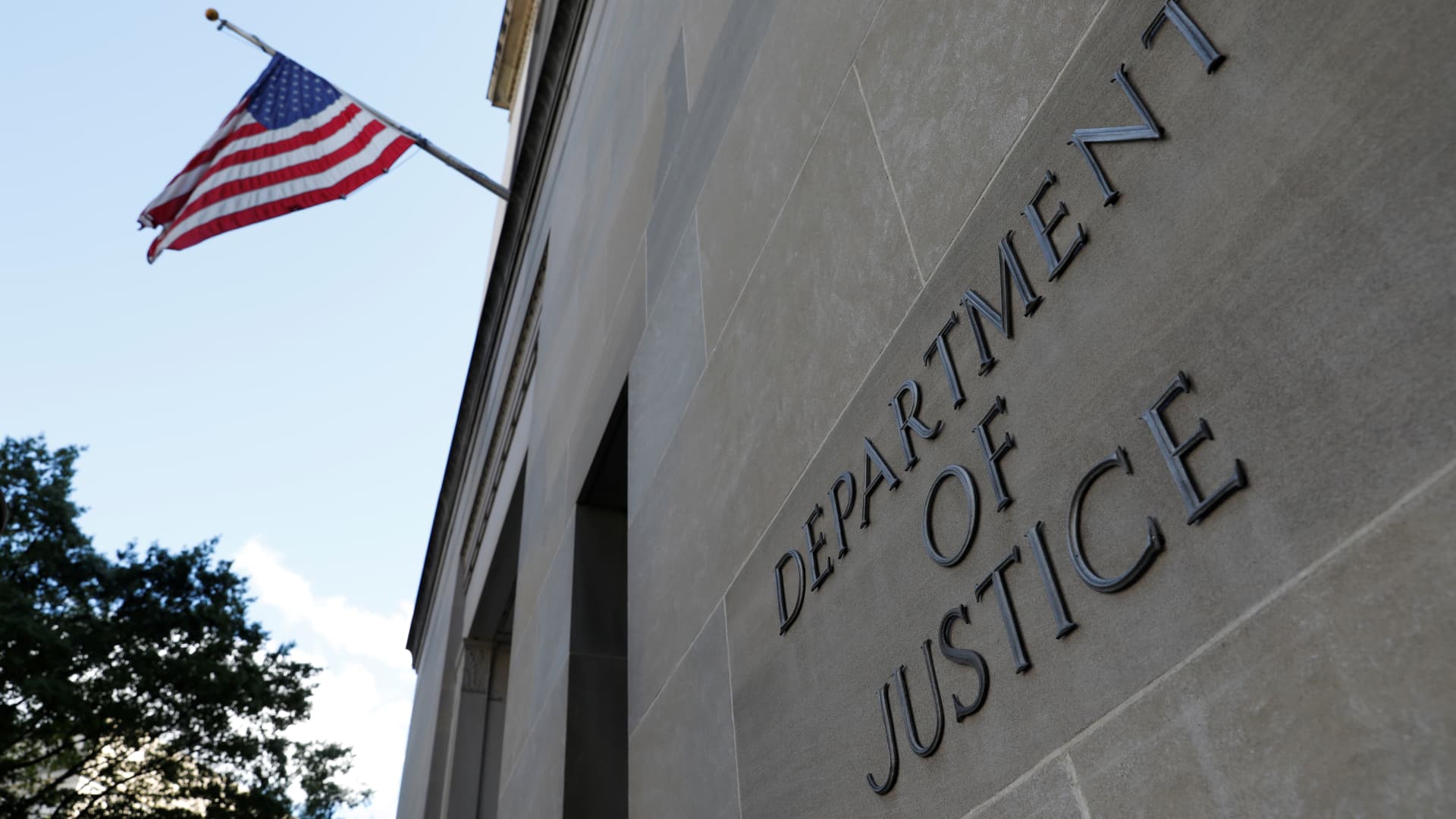Cryptocurrency and Crime: The Case of Iurii Gugnin
Introduction to the Case
In a significant development in the realms of cryptocurrency and international law enforcement, federal prosecutors in Brooklyn have charged Iurii Gugnin, a 38-year-old Russian national, with operating an alleged international money laundering scheme. This case has raised eyebrows not only because of the scale of operations—reportedly over half a billion dollars—but also due to its connections with sanctioned Russian banks and entities.
The Allegations
Gugnin is accused of transforming a U.S.-based cryptocurrency payments firm into a clandestine channel for laundering funds for sanctioned banks, including major institutions like Sberbank and VTB Bank. Prosecutors have laid out a robust 22-count indictment against him, accusing him of various financial crimes, including wire and bank fraud, violation of U.S. sanctions, and money laundering. The Justice Department’s Assistant Attorney General, Eisenberg, emphasized that Gugnin leveraged his companies, Evita Investments and Evita Pay, to process an astounding $530 million while masking the origins and purposes of these funds.
Methodology of the Scheme
From June 2023 to January 2025, Gugnin allegedly funneled money through U.S. banks and cryptocurrency exchanges primarily using Tether, a popular stablecoin pegged to the dollar. This choice of cryptocurrency is significant; stablecoins are often used in transactions that require a perceived semblance of stability and lesser volatility compared to other cryptocurrencies like Bitcoin or Ethereum.
Falsification and Deception
Gugnin’s operations were not merely about moving money from one account to another. He is accused of misrepresenting the nature of his business operations, falsifying compliance documentation, and even lying to financial institutions regarding his ties to Russian entities. Notably, he is said to have created shell accounts and doctored invoices—over 80 in total—to obscure the identities of Russian counterparties.
Investigative Insights
Various investigative efforts have uncovered that Gugnin appeared to be aware of the scrutiny surrounding him. Internet searches linked to his name indicate a preoccupation with legal consequences, including phrases like “how to know if there is an investigation against you” and “money laundering penalties US.” Such behavior underscores the calculated planning that often accompanies white-collar crime.
Connections to Intelligence Services
Adding a layer of complexity to the case, the Justice Department suggests that Gugnin maintained connections with members of Russia’s intelligence services and Iranian officials. These allegations raise significant concerns, particularly considering that both countries are often seen as unyielding in matters of extradition.
Technology and Export Controls
Compounding the gravity of Gugnin’s alleged offenses, prosecutors assert that he assisted in exporting sensitive U.S. technology to Russian clients. This includes equipment that could be leveraged for anti-terrorism operations, heightening national security concerns surrounding the misuse of technology in foreign jurisdictions.
Gugnin’s Lifestyle
While details of his alleged crimes are troubling, Gugnin’s lifestyle is also noteworthy. He was recently highlighted in a Wall Street Journal article about high-net-worth renters in Manhattan, where he reportedly paid a rent of $19,000 per month for a lavish apartment. This raises questions about the stark contrast between his affluent lifestyle and the serious nature of the allegations against him.
Legal Implications and Possible Sentences
The legal repercussions for Gugnin could be severe. If convicted on bank fraud charges alone, he faces a potential maximum sentence of 30 years in prison. However, if he is found guilty on all counts, the consequences could be even more drastic—potentially leading to a cumulative sentence that extends well beyond a typical human lifetime.
Conclusion
The case of Iurii Gugnin encapsulates the murky intersection of cryptocurrency, international finance, and legal frameworks. As the world grapples with the challenges posed by digital currencies, this ongoing saga serves as a poignant reminder of the potential for abuse and the complexity of regulating such a rapidly evolving sector. The implications stretch far beyond individual offenders; they touch upon global financial stability and national security, heralding a crucial era in the governance of cryptocurrency-related transactions.


